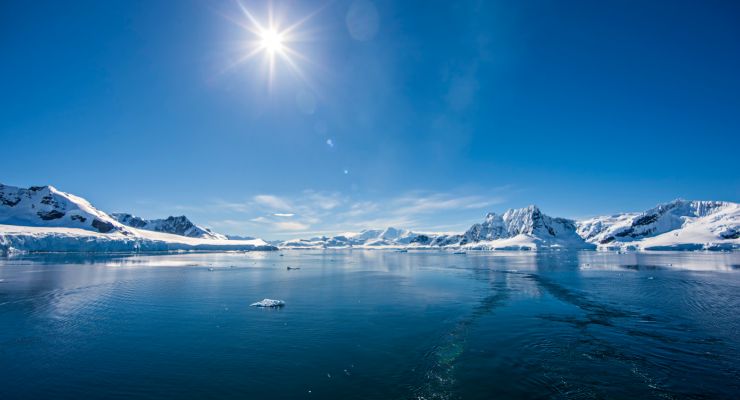07.14.22
Aker BioMarine committed to supporting the Antarctic Wildlife Research Fund (AWR) with $1 million over the next five years. The grant will further AWR’s work on promoting and facilitating research on the Antarctic ecosystem.
AWR ensures a resilient Antarctica by facilitating and promoting research on the ecosystem. Since its establishment in 2015, the fund has financed 20 research projects and 15 host institutions, including three projects in 2021.
“Aker BioMarine has taken a leading role in the development and utilization of Antarctic krill resources,” said Matts Johansen, CEO at Aker BioMarine. “We have committed to having a positive impact on human health, without compromising the health of the planet. To succeed, we need to have the science and data available to make solid decisions on how to take best care of the ecosystem in which we work. AWR was created to ensure a resilient Antarctica, where the management of all natural resources depends on up-to-date knowledge. The funding will help secure the work on promoting and facilitating high-quality research.”
The Antarctic krill fishery has been awarded an A-rating for seven years in a row by the Sustainable Fisheries Partnership, an independent, non-profit organization responsible for the assessment of stocks and fisheries in the Pacific and Atlantic.
AWR was established in 2015 by Aker BioMarine, the Antarctic and Southern Ocean Coalition (ASOC) and WWF-Norway. The fund’s mission is to ensure a resilient Antarctica through filling critical gaps in ecosystem research and monitoring.
"Although we have learned a lot about Antarctic ecosystems in recent decades, many data gaps still exist, particularly as climate change impacts in the region accelerate,” said Claire Christian, the Chair of AWR's board. “Projects funded by AWR will increase our ability to make precautionary management decisions based on the most up to date information, and protect the long-term health of the ecosystem in the Southern Ocean."
“We are close to having funded USD 1.5 million already since AWR started in 2015. It has been a pleasure to see so much valuable research coming out as a direct result of our effort. Now we commit to another USD 1 million over the next period and we do this to a fund that with a proven track record of scientific excellence while also putting emphasis on supporting young scientists from a variety of regional backgrounds,” said Johansen.
AWR ensures a resilient Antarctica by facilitating and promoting research on the ecosystem. Since its establishment in 2015, the fund has financed 20 research projects and 15 host institutions, including three projects in 2021.
“Aker BioMarine has taken a leading role in the development and utilization of Antarctic krill resources,” said Matts Johansen, CEO at Aker BioMarine. “We have committed to having a positive impact on human health, without compromising the health of the planet. To succeed, we need to have the science and data available to make solid decisions on how to take best care of the ecosystem in which we work. AWR was created to ensure a resilient Antarctica, where the management of all natural resources depends on up-to-date knowledge. The funding will help secure the work on promoting and facilitating high-quality research.”
The Antarctic krill fishery has been awarded an A-rating for seven years in a row by the Sustainable Fisheries Partnership, an independent, non-profit organization responsible for the assessment of stocks and fisheries in the Pacific and Atlantic.
AWR was established in 2015 by Aker BioMarine, the Antarctic and Southern Ocean Coalition (ASOC) and WWF-Norway. The fund’s mission is to ensure a resilient Antarctica through filling critical gaps in ecosystem research and monitoring.
"Although we have learned a lot about Antarctic ecosystems in recent decades, many data gaps still exist, particularly as climate change impacts in the region accelerate,” said Claire Christian, the Chair of AWR's board. “Projects funded by AWR will increase our ability to make precautionary management decisions based on the most up to date information, and protect the long-term health of the ecosystem in the Southern Ocean."
“We are close to having funded USD 1.5 million already since AWR started in 2015. It has been a pleasure to see so much valuable research coming out as a direct result of our effort. Now we commit to another USD 1 million over the next period and we do this to a fund that with a proven track record of scientific excellence while also putting emphasis on supporting young scientists from a variety of regional backgrounds,” said Johansen.




























